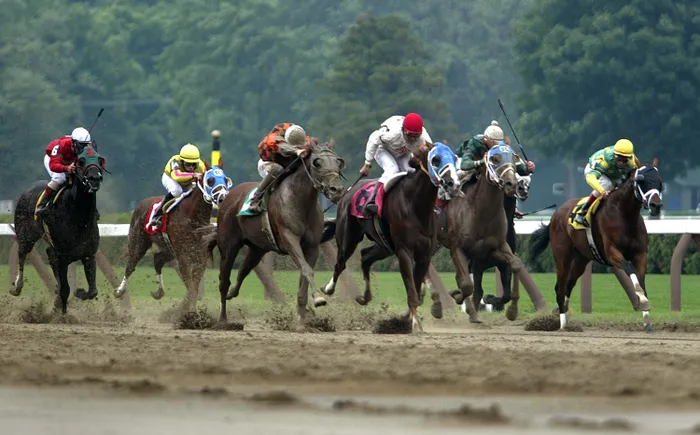The city of Berkeley, California, voted to pass a “factory farm” ban that prohibits large livestock operations within city limits, largely a symbolic move that advocates hope will spur similar policies elsewhere in the United States.
Measure DD received more than 60% of the yes vote, garnering major support from residents concerned about the potential harm concentrated animal feeding operations have on livestock and the environment.
There are no CAFOs in Berkeley for agricultural production. A large equine stable housing up to 1,400 racing horses at a time in the East Bay area had been considered a CAFO under federal rules, though it was shuttered in June following activist pushback.
“Measure DD will ensure that another facility like it does not open up in Berkeley,” according to Yes on Measure DD’s website. “Together, we can protect animals and the local ecosystem by keeping Berkeley factory farm-free.”
In addition to the ban, the voter-led ballot initiative will also “pave the way for other municipalities, the state and even the country to transition away from intensive animal operations,” Almira Tanner, lead organizer of Direct Action Everywhere, said in an email to Mekong Farmer.
Similar initiatives to ban large livestock operations failed to gain traction this election cycle. Voters in Sonoma County, California, shot down a ban on “factory farms” following robust pushback from the agricultural community, while Denver, Colorado, rejected a ban on slaughterhouses.
Measure DD will go into effect once the vote is certified in December, and Tanner said the measure will have no effect on what is sold on store shelves. Advocates hope the new law will raise awareness about the harms of CAFOs to animal welfare and public health, saying large livestock facilities produce immense amounts of waste that can pollute water and spread disease.
“Berkeley has always been on the leading edge of important social justice issues, including protecting animals and the environment,” Tanner said. “We hope that it will raise awareness about the serious harms of intensive animal operations, including animal cruelty, environmental destruction, and public health risks.”



